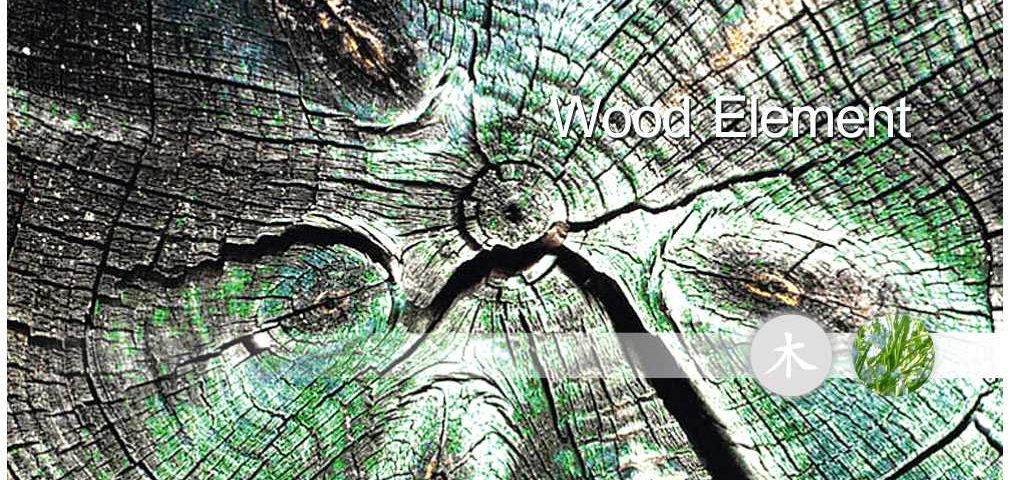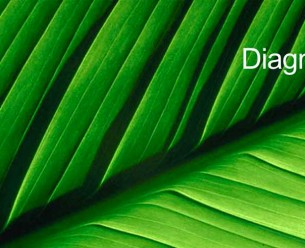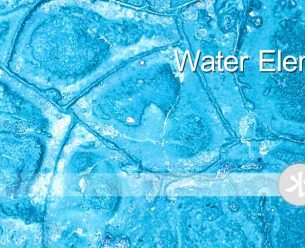Menorrhagia or excessive menstrual bleeding
So last time we looked at scanty or absent periods and this time we are going to explore the possible reasons for the opposite problem – Menorrhagia or excessive menstrual bleeding…
In this case there are three main patterns of disharmony in acupuncture theory. As always, this is not an exclusive list. Everyone is different, so there are other possibilities but on the whole they will be a variation of one of these three:
- Qi Deficiency
- Blood Heat
- Blood Stagnation
Again most of these patterns are already familiar, and their general characteristics remain the same. In this case they are just manifesting in a different symptom. This is one of the main ways that acupuncture diagnosis differs from conventional diagnosis. It is also the reason that everyone is treated differently with acupuncture. First the patterns are identified and then the way they are manifesting is taken into account, before a treatment plan is reached.
- Qi Deficiency
As a deficiency syndrome this condition stems essentially from a lack of energy. Therefore, it is characteristically lack lustre… The periods are prolonged but light and the blood is pale. There may just be spotting that goes on for a long time. There is also probably some tiredness and fatigue and there may be a tendency to bruise easily. This condition is most often associated with Spleen Qi weakness, as it is the Spleen that holds the blood. When it is deficient it doesn’t fulfil this role effectively. - Blood Heat
Heat is a full condition and as such the symptoms tend to be more dramatic. Therefore, bleeding in this case is likely to be heavier, the blood will be bright red and there may be some small clots. The patient will also present with other symptoms of heat such as a red face, dry mouth, a bitter taste and an aversion to being too hot. - Blood Stagnation
Here we see stagnation back again – which most often is related to the Liver. Stagnation is also a full condition so in this case there is likely to be heavy flow of dark or even purple blood with large clots. The tell-tale sign with this syndrome is pain, particularly in the lower abdomen, which can be very severe.
Treatment
So what can you do to help yourself if you suffer with any of these conditions?
Obviously, acupuncture can be helpful, but there are other things you can do to help yourself.
For Qi deficiency the best thing you can do, if possible is rest. Get a few early nights. The Spleen is often involved in this syndrome and the Spleen is associated with the act of thinking – too much ruminating or studying can wear it out so again, try to avoid this as far as possible. The Spleen also loves regularity so make sure you eat at regular intervals. Avoid too much cold or raw food at this time, especially for breakfast (hold back on the smoothies…)
For Heat the best thing you can do is avoid getting any hotter! Make sure you are drinking plenty of water and avoid heating foods like chilli, ginger, cinnamon, cloves and black pepper. Meat and shell-fish are also heating as is alcohol, so cut back on that too if you can.
As we know the best thing for stagnation is movement – shake all that stuck energy up. Do what ever moves you (literally)
In the last of these pieces we will look at PMS and see how acupuncture theory views the emotional impacts our menstrual cycles can have on us…




